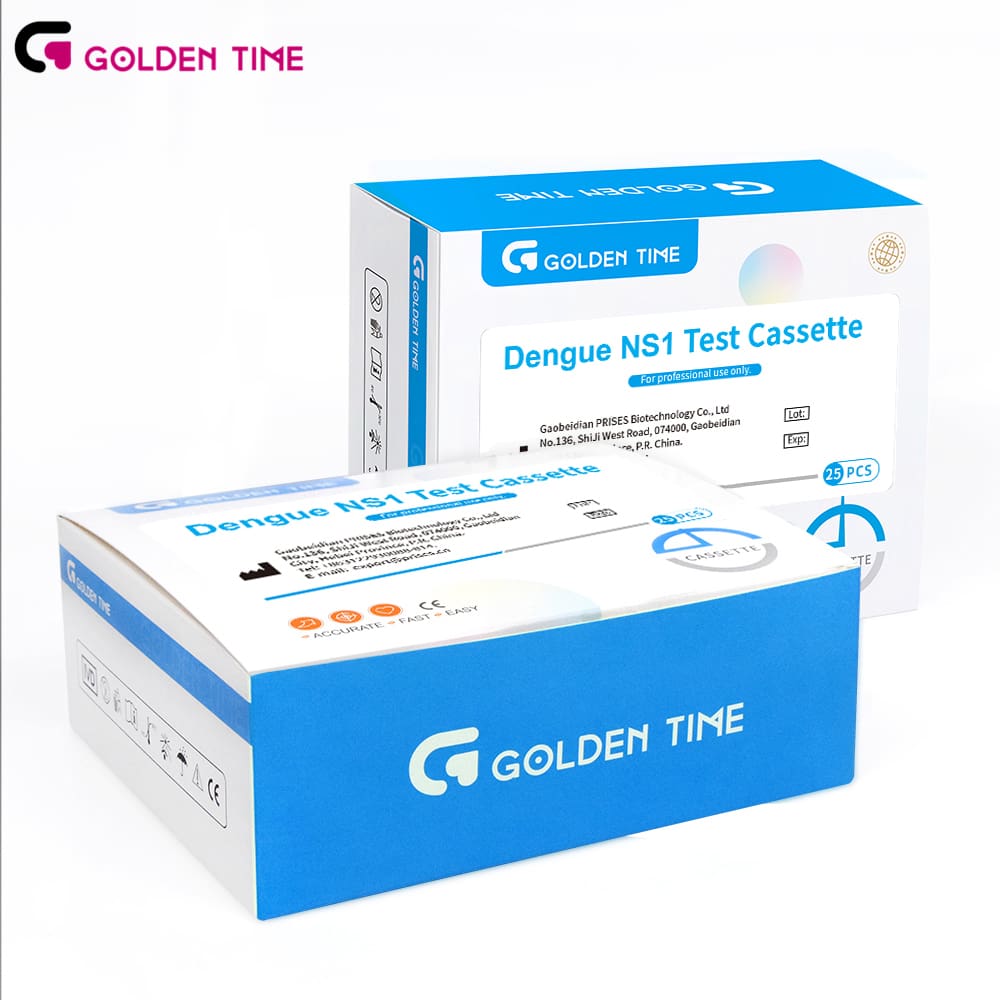Dez . 11, 2024 11:31 Back to list
malaria test kit price factories
Understanding the Pricing of Malaria Test Kits A Comprehensive Guide
Malaria remains one of the most significant public health challenges globally, particularly in tropical and subtropical regions. With millions of cases reported each year and a substantial number of fatalities, prompt and accurate diagnosis is crucial for effective treatment and control of the disease. One of the primary tools in combating malaria is the malaria test kit. This article explores the factors that influence the pricing of these test kits, highlighting the role of manufacturing factories in determining costs.
The Importance of Malaria Test Kits
Malaria test kits are essential for diagnosing the disease quickly. They generally fall into two categories rapid diagnostic tests (RDTs) and microscopic examination. RDTs enable healthcare providers to detect malaria antigens in a patient's blood sample in as little as 15 minutes, making them invaluable in remote or resource-limited settings. The accuracy and speed of these tests can significantly impact treatment outcomes and reduce the likelihood of severe cases and fatalities.
Manufacturing Factors Influencing Pricing
1. Raw Materials The cost of raw materials significantly impacts the pricing of malaria test kits. Test kits require high-quality reagents, which can vary in price based on availability and demand. Suppliers must maintain a balance between cost-effective sourcing and the quality of materials, which can be tricky, especially in fluctuating markets.
2. Production Scale Factories producing malaria test kits can benefit from economies of scale. Larger manufacturers tend to have lower per-unit costs due to mass production capabilities. In contrast, smaller manufacturers may struggle to compete on price, which can lead to higher costs per kit. As global demand for malaria test kits continues to grow, larger factories are better positioned to meet this demand efficiently.
3. Regulatory Compliance The manufacturing of medical devices, including malaria test kits, is subject to stringent regulatory standards. Compliance with these regulations can be costly and time-consuming, impacting the overall price of the kits. Manufacturers must invest in quality control, testing, and meeting local and international regulations, which can significantly drive up production costs.
malaria test kit price factories

4. Technological Advancements The introduction of new technologies in the production of malaria test kits can also influence pricing. Factories that adopt advanced manufacturing processes may reduce long-term costs and improve the quality of their products. However, the initial investment in technology can increase the price of the kits during the transition phase.
5. Market Competition The level of competition among manufacturers can affect prices. In markets where multiple companies offer similar test kits, price competition can lead to lower costs for consumers. Conversely, in regions where only a few manufacturers dominate, the prices may remain high due to a lack of competition.
Geographical Considerations
The geographical location of manufacturing factories can significantly impact the pricing of malaria test kits. Factors such as local labor costs, transportation expenses, and tariffs play a crucial role. For example, factories situated in countries with lower labor costs may produce test kits at a lower price, making them more competitive in the global market. However, shipping costs and import duties can negate some of these savings, particularly for countries with high tariffs on medical products.
Conclusion
The pricing of malaria test kits is influenced by various factors including raw materials, production scale, regulatory compliance, technological advancements, and market competition. Understanding these dynamics is crucial for stakeholders involved in the fight against malaria, from manufacturers to healthcare providers and policymakers. By fostering a competitive market and promoting collaboration among manufacturers, it is possible to reduce costs and improve access to accurate malaria diagnostics globally.
As we move forward in the fight against malaria, it remains essential to ensure that quality test kits are accessible and affordable. Ongoing research, innovation, and strategic partnerships will be pivotal in enhancing the effectiveness of malaria management and ultimately reducing the burden of this devastating disease. Maintaining a focus on cost-effective solutions while upholding quality standards will ensure that individuals at risk of malaria receive timely and accurate diagnoses, paving the way for better health outcomes worldwide.
-
High-Quality Nasal Swab for Accurate Testing – Fast Results
NewsJul.26,2025
-
One Step LH Ovulation Test Kit - Accurate & Easy At-Home Fertility Tracking
NewsJul.25,2025
-
Sterile Urine Cup for Accurate Specimen Collection | Leak-Proof Design
NewsJul.24,2025
-
High Quality Cassette Lateral Flow for Accurate Testing Solutions
NewsJul.23,2025
-
Malaria PF / PAN AG Rapid Test – Accurate & Fast Malaria Diagnosis
NewsJul.22,2025
-
Accurate LH Ovulation Test Strips for Easy Fertility Tracking
NewsJul.21,2025

